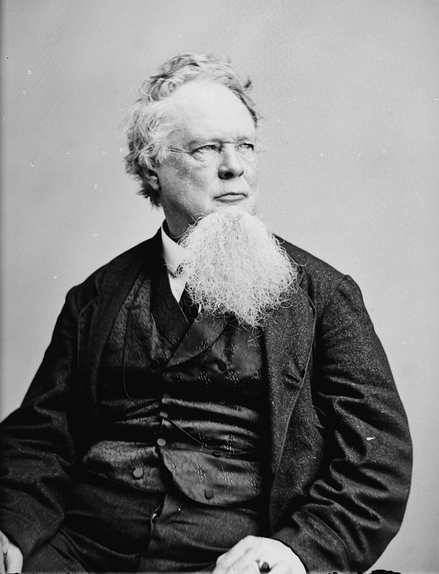 William Gilmore Simms by Matthew Brady William Gilmore Simms by Matthew Brady Sam Burnham, Curator Tis the season for stories of the macabre, the grotesque, the suspenseful. The modern genre of horror has often strayed into an overuse of violence and gore in place of suspense and psychological thrills. I don’t care much for the blood and gore of the slasher genre but I love the old style. Hitchcock was a master. Stephen King’s 1408 and the movie adaptation of the same are also good examples. The South has a long tradition in this genre. Although Edgar Allan Poe was born in Boston, he was raised in Richmond and attended the University of Virginia briefly. Poe is but one well known pen in a sea of Southern ink that has given America ghost stories, and of course our most famous literary class - Southern Gothic. The stories are the fruit of a grotesque history. Our region has seen the War for Independence, slavery, the War of 1812, the Trail of Tears, The War Between the States (specifically Sherman’s March), Reconstruction, Jim Crow. Death and tragedy have stalked The South since settlers arrived at Roanoke Island. Disease and pestilence have ravaged this land. Cities like Savannah and Charleston are filled with ghost stories and much of the region remained, until relatively recently, a frontier only inhabited by the strong willed, who often succumbed to its hazards. This history and the personal tragedy invested in it led writers, including Poe, to delve deep into tragedy, mystery, intrigue, and suspense Poe himself pointed to the past when searching for America’s best ghost story. As my friend Sean Busick relates: “Grayling, or Murder Will Out,” Poe wrote “it is really an admirable tale, nobly conceived and skillfully carried into execution—the best ghost story ever written by an American….” That’s a pretty strong endorsement. Simms was the most important writer in America’s antebellum period. The South Carolinian is remembered and celebrated by the Simms Initiatives at the University of South Carolina. A few years ago they teamed up to create this video playlist, a reading of that best American ghost story, Grayling or Murder Will Out. I have decided to link the playlist here for anyone who’d like to hear it read aloud. It’s an appropriate story for a good Southerner at Halloween. [This story can be found in print in The collection The Wigwam and the Cabin. More information on Simms and Grayling can be found at the link above, where Sean Busick is mentioned in red.]
0 Comments
We’d like to close out February by looking forward to spring and summer. Spring is certainly not fully here although it has teased us a bit in recent weeks. The forecast is pretty clear that next week will not be springlike, at least not in North Georgia. March is always tricky and should never be trusted as winter and spring tend to swap out and it is possible to experience both, perhaps even in the same day. However, by the end of March, it will likely be springtime. Spring and summer mean adventures, small and large. So we are sharing some of our favorites from our YouTube channel.
Ft Pulaski was built to guard the mouth of the Savannah River. For over 100 years the post served as a military installation different eras contributed different renovations and additions, including the demilune. Below the surface, Ft McAllister was an impervious fortification where troops were well protected from any shipboard weapons of its era. No artillery assault could defeat it. Only a infantry charge by an overwhelming force defeated the McAllister garrison. Above the surface, Ft McAllister is one of the most beautiful locations in all of Georgia. With living history encampments and re-enactments as well as car shows, musical performances, and other events, McAllister is a great destination for a day trip or even a week at the cottages or campground. Milledgeville served as the state capital from 1807 to 1868. Now the Old Capitol Museum tells the story of that era, when a city specifically designed and planned to be the state capital served in that capacity. Milledgeville received the entirety of the state administration, treasury and documents, via a convoy of 15 wagons that travelled from Louisville to Milledgeville in 1807. The seat of a larger government moved to a larger city, the resurrecting Atlanta in 1868. Any history fanatic has to visit Colonial Williamsburg. Seeing the militia demonstrations on the town green are but one of the amazing experiences that await. 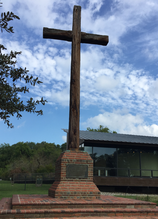 America Began at Jamestown America Began at Jamestown I want to talk about why we are going to be celebrating this week. When you set out to tell a story, it's best to start at the beginning. Sometimes with history that can be tough to do. So we'll start as close to the beginning of this one as is prudent. In 1607, the first English settlers arrived on the banks of the James River in Virginia. You'll notice I didn't start with The Pilgrims. That's because they took a wrong turn and got lost or something. They wouldn't make it over here for another 13 years. This is where the whole things started. The cross at right serves as a memorial for the people who died establishing the first permanent English colony. That's right, America was born in The South. 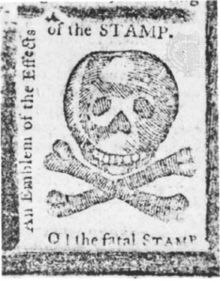 The Stamp Act Was One of Many Intolerables The Stamp Act Was One of Many Intolerables Colonization was a good gig for these folks. It was rough at first But Americans aren't descended from pansies. The colonies grew and prospered. Colonization was good for Great Britain as well. So when the French were sneaking around on the frontier making allies with the natives and trying to do some profiting of their own, the colonists and the King all agreed it was time to put the squash on the frog eaters. Seven years of war later and the French were gone, the Indians were friendless, and the British were in debt. The King decided to get out of debt the same way all governments do. Taxes. The colonists didn't agree that this was the best idea as they were the ones paying the taxes. The King said the war benefited them most. They said they did most of the fighting (that might be a stretch.) He said he didn't care. They said we have the same rights as any Englishmen, Magna Carta, English Bill of Rights, etc. The King told them to take it up with their Member of Parliament. Which is good advice...if only they had had one. 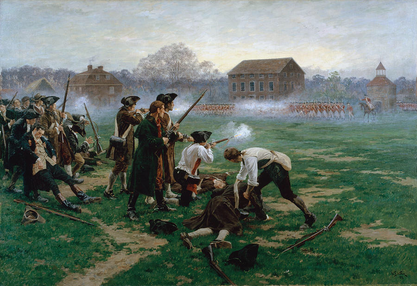 William Barnes Wollen's "The Battle of Lexington" William Barnes Wollen's "The Battle of Lexington" So the colonists decided to start protesting, to start resisting. They started getting rowdy and running amok. They covered tax collectors with tar and feathers. They burned the King in effigy, they destroyed or captured items to prevent the collection of taxes on them. So the King sent soldiers. We live in times when we "support the troops." Service members are regarded as respectable and honorable people. But the troops George III sent were mostly foreigners, hardened warriors following orders with little regard for the rights of the colonists. They were the types of men you'd never want passing by your food garden, walking past your valuables, or quartered under the same roof as your young daughter. On and off duty, they were a menace. And the more the colonists resisted, the worse the situation got. Rebelling colonists were shot dead on the streets of Boston. The situation continued to deteriorate. The British moved to disarm colonists at Lexington and Concord. But you never bring city people to a redneck fight. The colonists made a stand and defeated the seasoned warriors at the North Bridge as well as other locations along the road west of Boston. The British were forced to retreat back to Boston without confiscating the weapons they searched for. With blood spilled on both sides war was not only inevitable, it was a present reality. Debate about the conditions in the colonies would rage for months. Many claimed that the colonies were bringing the trouble upon themselves. Others said that the usurpation of rights would continue regardless of what the colonists did to avoid them. In the end, representatives from each colony met in Philadelphia. They debated some more but finally arrived at the unanimous decision to cut ties with Great Britain. To draft the Declaration, they chose a young and promising statesman from Virginia. He was a graduate of William and Mary, had served Virginia in various roles, and had seen success in business as well as law. He was an intellectual with a gifted pen. They teamed Thomas Jefferson with John Adams, Benjamin Franklin, Roger Sherman, and Robert Livingston and together they laid out the ideas that Jefferson put to words. 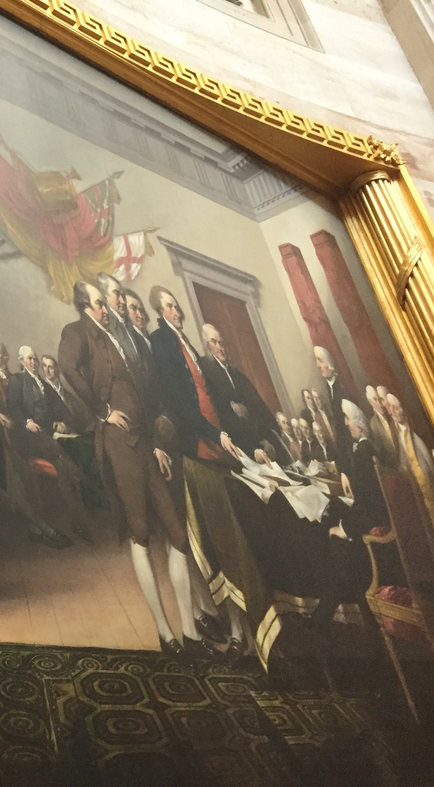 John Trumbull's "Declaration of Independence" In the Capitol Rotunda, Washington John Trumbull's "Declaration of Independence" In the Capitol Rotunda, Washington Some of the sentences he crafted: "We hold these truths to be self-evident, that all men are created equal, that they are endowed by their Creator with certain unalienable Rights, that among these are Life, Liberty and the pursuit of Happiness.--That to secure these rights, Governments are instituted among Men, deriving their just powers from the consent of the governed, --That whenever any Form of Government becomes destructive of these ends, it is the Right of the People to alter or to abolish it, and to institute new Government, laying its foundation on such principles and organizing its powers in such form, as to them shall seem most likely to effect their Safety and Happiness." "But when a long train of abuses and usurpations, pursuing invariably the same Object evinces a design to reduce them under absolute Despotism, it is their right, it is their duty, to throw off such Government, and to provide new Guards for their future security." "A Prince whose character is thus marked by every act which may define a Tyrant, is unfit to be the ruler of a free people." "The history of the present King of Great Britain is a history of repeated injuries and usurpations, all having in direct object the establishment of an absolute Tyranny over these States." "We, therefore, the Representatives of the united States of America, in General Congress, Assembled, appealing to the Supreme Judge of the world for the rectitude of our intentions, do, in the Name, and by Authority of the good People of these Colonies, solemnly publish and declare, That these United Colonies are, and of Right ought to be Free and Independent States; that they are Absolved from all Allegiance to the British Crown, and that all political connection between them and the State of Great Britain, is and ought to be totally dissolved; and that as Free and Independent States, they have full Power to levy War, conclude Peace, contract Alliances, establish Commerce, and to do all other Acts and Things which Independent States may of right do." Last, but not least, we find probably the true cornerstone of the United States. We see the American spirit of adventure, the rugged individuality, the fierce commitment to Liberty, the knowledge of the risks and costs involved, the willingness to face, even embrace, the high price of freedom: "And for the support of this Declaration, with a firm reliance on the protection of divine Providence, we mutually pledge to each other our Lives, our Fortunes and our sacred Honor." And that is how 13 colonies became 13 States and dared to stare down the barrel at the British Empire to embark on the adventure that is America. It took guts, it took brains, perhaps even a little arrogance. That is what we celebrate. That is what it is to be America. It is to risk everything on what we truly believe in, to prefer death over tyranny, to take a stand, to put trust in the Hand of God Almighty, and to do it with the foreknowledge of the consequences of failure. The excerpts from The Declaration were taken from the transcript on the website of the National Archives. Taking the 8-10 minutes required to read the entire text of the Declaration is an excellent addition to the observance of The 4th. |
Sam B.Historian, self-proclaimed gentleman, agrarian-at-heart, & curator extraordinaire Social MediaCategories
All
Archives
November 2022
|
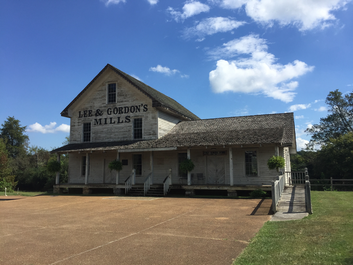
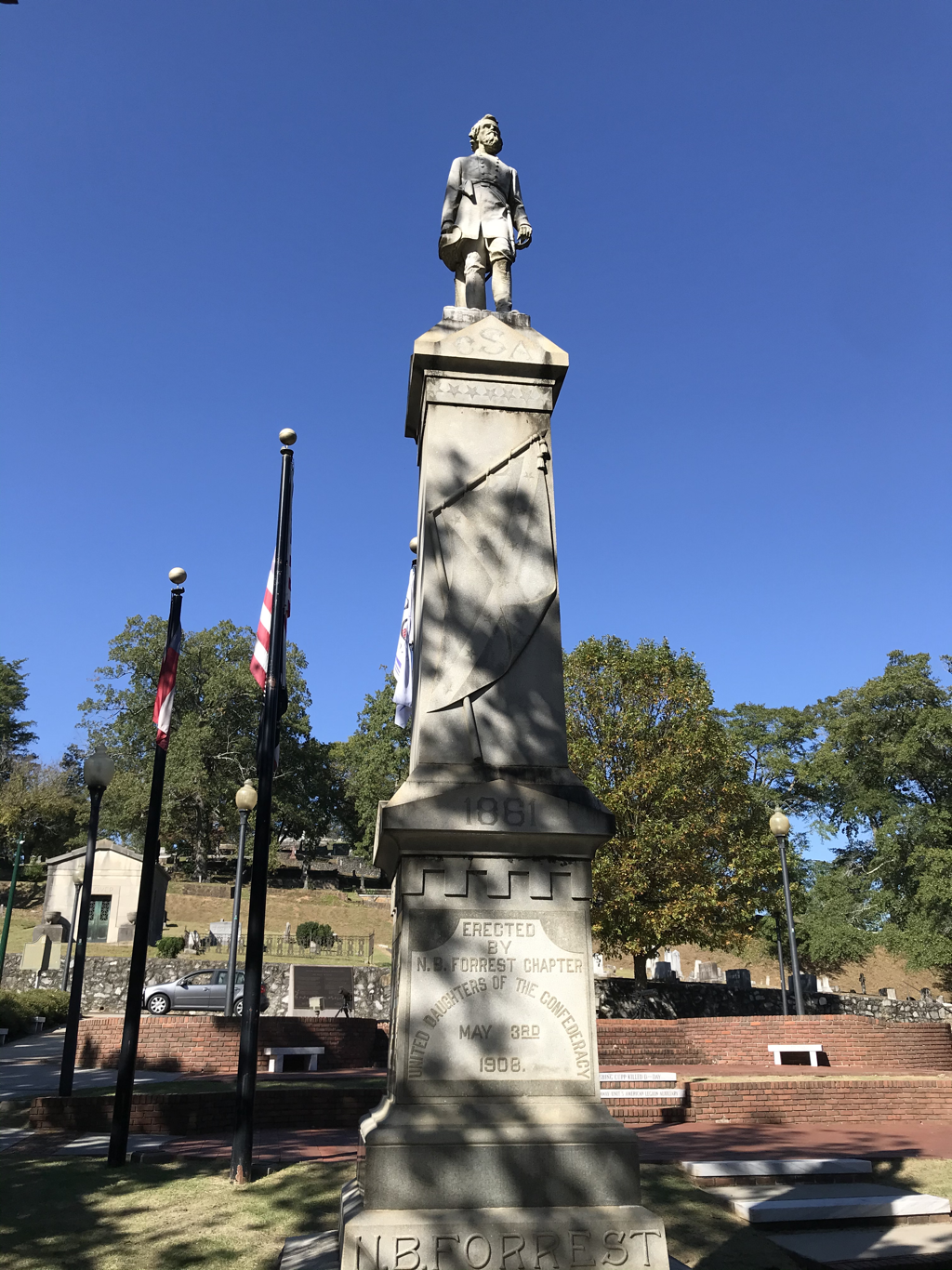

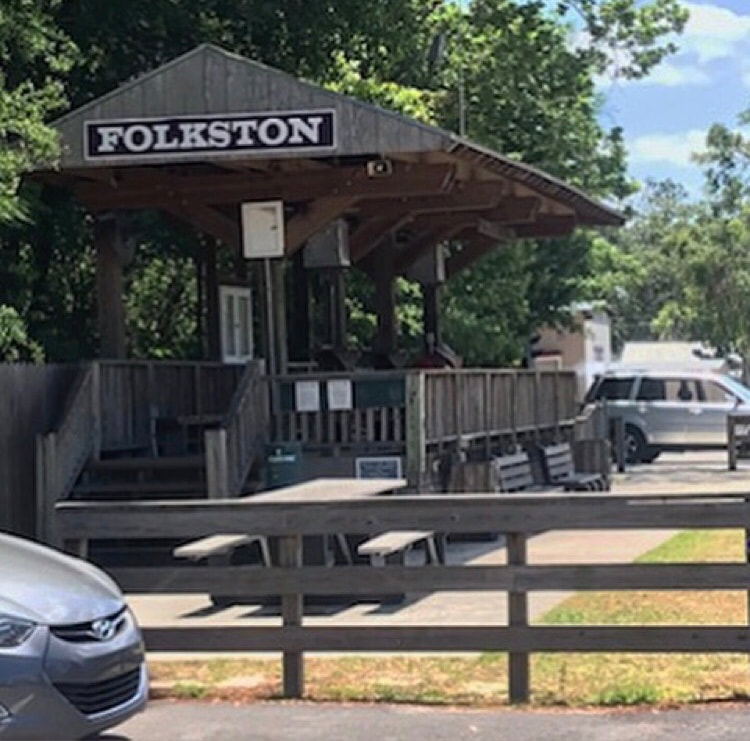
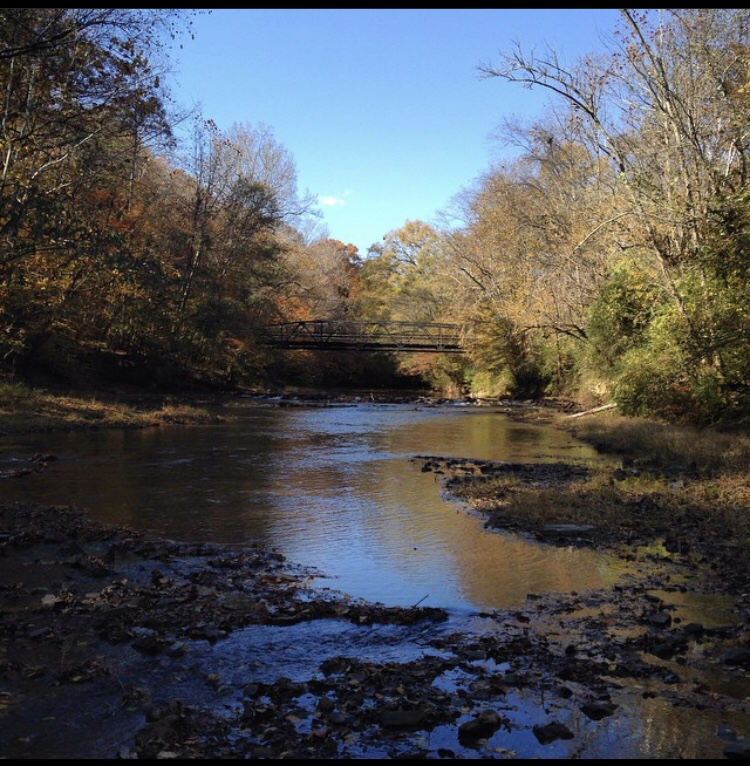




 RSS Feed
RSS Feed
